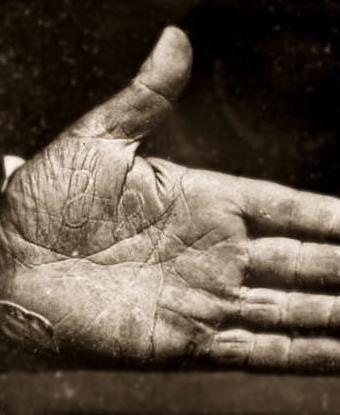Last updated: September 14, 2017
Person
Jonathan Walker

A dedicated abolitionist, shipwright and sea captain from New England, Jonathan Walker became famous for the unusual punishment he received for aiding seven slaves to escape. In 1835, Walker joined with abolitionist Benjamin Lunday on an expedition to Mexico to assist with the colonization of escaped American slaves. Shortly thereafter Walker moved his family from Massachusetts to Pensacola, Florida. In June 1844, he arranged to take seven runaway slaves to the Bahamas in a whaleboat he constructed himself. While at sea, Walker fell ill and his boat drifted for days before being rescued by a salvage sloop. Put ashore at Key West, he was arrested for aiding escaped slaves and returned to Pensacola to stand trial.
After languishing in jail for several months, Walker was tried and convicted on November 14, 1844 of stealing slaves . He was sentenced to one hour in the public pillory, time in prison, pay court costs and a $600 fine, and to receive a branding of "SS" denoting slave stealer on his right hand. The branding of his hand occurred two days later. Walker's fine and court costs were paid for by Northern abolitionists, and he was subsequently released from prison in 1845. Undeterred, Walker returned to New England and lectured extensively on the evils of slavery. He often closed his speeches by lifting his right hand to the audience and proclaiming it "the seal, the coat of arms of the United States." The photograph of Walker's hand was taken at the daguerreotype studio of Southworth and Hawes, probably in 1845. The daguerreotype process results in a reverse image so although the subject appears to be of Walker's left hand, it is in fact his right hand.
Around 1850, Walker moved to Muskegon County, Michigan, where he lived until his death. The poet and abolitionist, John Greenleaf Whittier, paid tribute to Walker in his poem, "The Branded Hand," which became a rallying cry for those advocating the end of slavery in the United States. A monument to Walker's memory was erected on his grave and dedicated on August 1, 1878.
